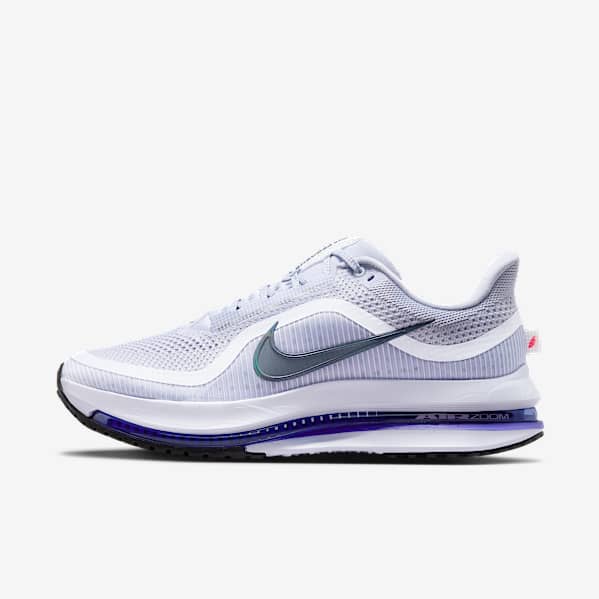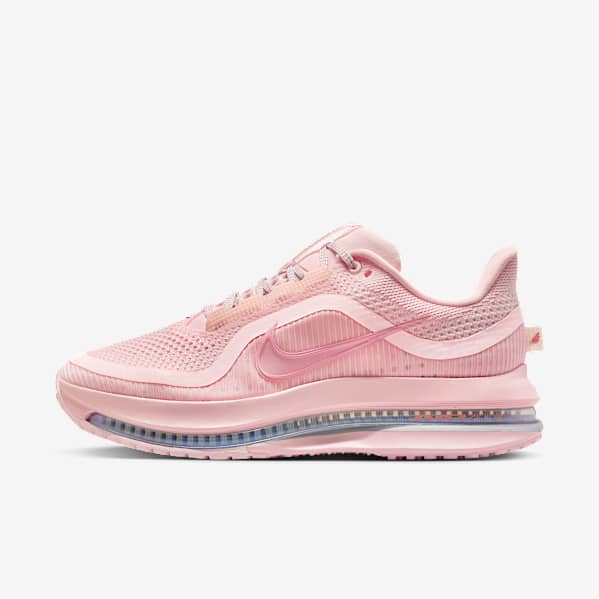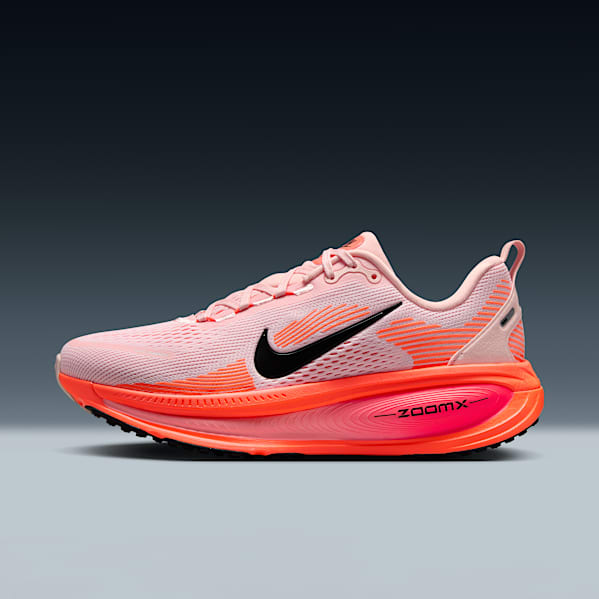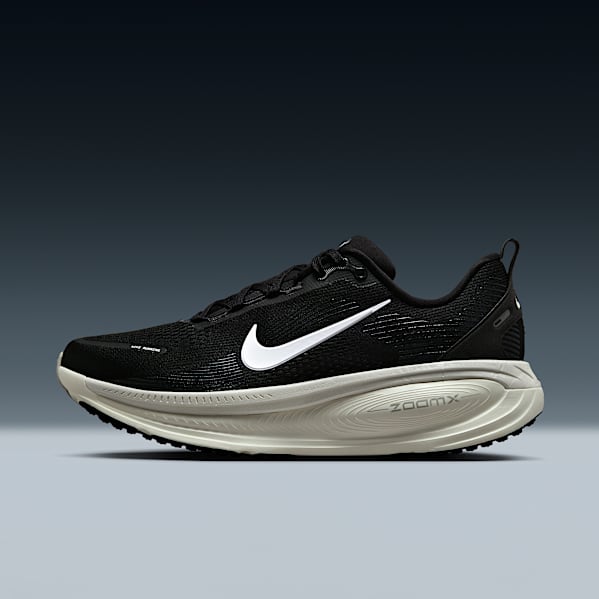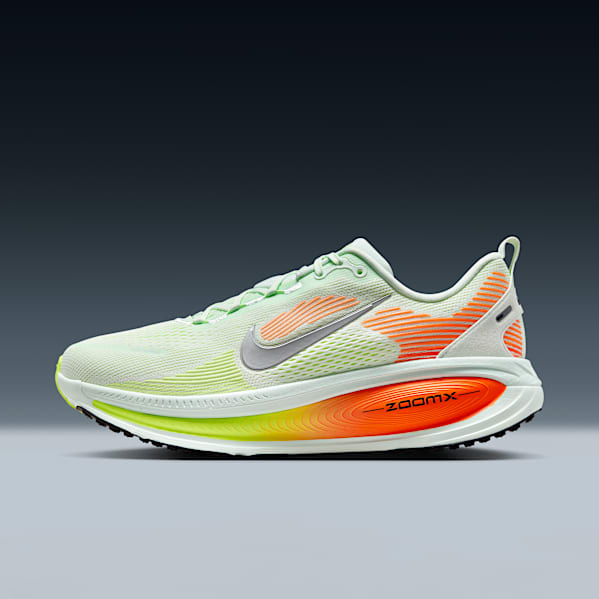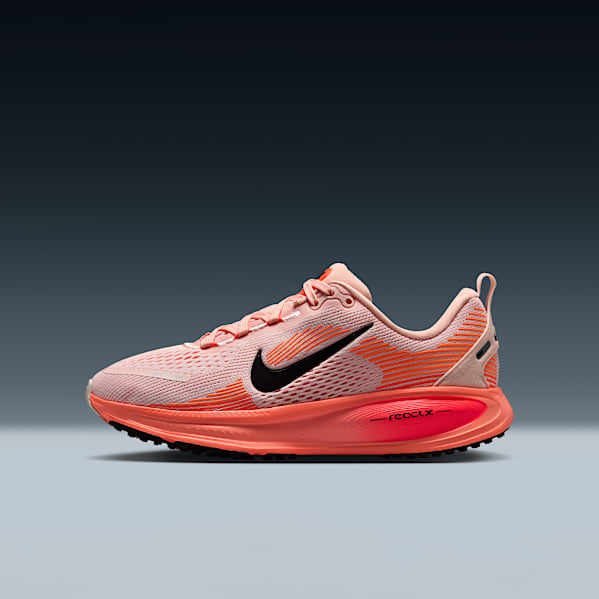What Exactly Is a Runner’s High?
Health & Wellness
Why it’s normal to feel “high” after a long run.

People fall in love with running for a variety of reasons. For some, it’s an excuse to get outside and enjoy the fresh air, while others may feel motivated to pick up the sport for it’s calorie-scorching benefits. Regardless, many people can likely agree that this particular exercise can offer a wealth of mental health benefits.
Even running between 5 and 10 minutes a day can have a positive impact on your health, which is why many people lace up their running shoes and head out the doors on a regular basis. As you become more comfortable with the exercise, you’ll likely feel empowered to start gradually increasing your weekly mileage. Before you know it, you may even find yourself establishing long-term goals, such as signing up for your first full marathon.
As you begin to lengthen your runs, you may even find yourself tapping into what’s called a runner’s high. However, it’s important to note that it’s not something that’s experienced by all runners. If you’re someone who already reaps the benefits of a runner’s high, you’re probably wondering what causes it to transpire.
What is a Runner’s High?
A runner’s high describes a brief state of euphoria following a run. The sensation can leave you feeling calm and more relaxed than what you’d typically expect to feel after a high-intensity workout. For example, instead of ending a run feeling a little worn out and sore, a runner’s high can make you feel energized and fresh post-run.
While it’s not very common, in order to even be in the “running” for the experience, you have to run at least several miles.
Where Did the Name Come From?
It’s unclear where the term initially came from, but one theory is that it was adopted by scientists in the 1970s to define a series of psychological changes runners can experience. It was during this decade that it became more likely to see runners having this kind of unique experience, as it was the United States’ first recreational running boom.
Grouped into the definition of a runner’s high at its start were all measurable alterations in body chemistry, especially those that improved mood.
How Long Does a Runner’s High Last?
Even though a runner’s high evokes feelings of elation and relief, it often isn’t sustained for very long. You can think of it as a burst of very strong feelings or a brief moment of euphoria rather than a long-lasting one. Though for some runners, that short-lived sensation encourages them to continue challenging themselves to ramp up mileage and intensity so that feeling can routinely be achieved.
Is a Runner’s High All in my Mind?
A variety of exercises can cause your body to release endorphins. These are the chemicals that produce sensations of happiness and pleasure. They can even act as a natural pain reliever, which is great for long-distance runners and those who engage in challenging runs.
Initially, endorphins were believed to be the main cause of a runner’s high. These neurotransmitters are known to help reduce pain in muscles, which can be part of the effects of a runner’s high. However, more recent research has shown they may not be the cause.
Today, scientists think the sense of euphoria that gives you a runner’s high comes from a system in the body called the endocannabinoid system. Your endocannabinoid system releases chemicals known as endocannabinoids. As they circulate through your bloodstream, your body begins to feel more relaxed, even euphoric. And, when you exercise, your body’s endocannabinoid level rises.
The sensations between endorphins and endocannabinoids are similar, but the big difference is where they’re able to travel in your body. Endorphins can’t actually travel between your bloodstream and your brain. Although they’re microscopic, they’re too big to circulate across the blood-brain barrier. Endocannbinoids, on the other hand, can. In other words, endocannabinoids can get to the brain; endorphins can’t.
Dopamine Also Plays a Role
One more chemical to add to the mix of a runner’s high is dopamine. This neurotransmitter has a reputation as the “feel-good” chemical. It releases sensations of pleasure and gives your body a little mood boost that can leave you feeling like you’ve really nailed it after a run.
You’ll also notice dopamine spikes when something really good happens to you. It’s like your body’s reward system. When you indulge in that big slice of chocolate cake or blush through the applause of winning an award at work, that's dopamine you're feeling.
Can I Induce a Runner’s High?
Because a runner’s high is a product of our brain chemistry and the chemicals in our body working together in harmony, there’s really no specific way to initiate the sensation as you run. The only thing that seems to be certain is that going on a longer run gives you a better chance of experiencing a runner’s high. If you want to see if you’re the type of person that can “get high” from running, plan a run that’s at least several miles long.
But remember, there’s still no guarantee you’ll experience a runner’s high — and that’s OK. Scientists are still uncertain why some people experience a runner’s high, while others don’t. They’re even starting to realize that it’s not just running that can cause these sensations. Other aerobic activities such as biking and swimming can induce the right combination of chemicals that can mimic the feeling of a runner’s high.
Will a Runner’s High Make Me Exercise More?
Those who experience a runner’s high often want to continue experiencing it over and over again. Additionally, a major benefit to feeling good when you exercise, is that you start to enjoy the workout. For runners who are working on building their weekly mileage to increase physical fitness, experiencing a runner’s high may encourage you to keep putting in the work. Knowing you’ll get this rush of euphoric feelings at the end of a long run may encourage you to exercise more, but it’s likely not the primary reason you’re choosing to run.
Is a Runner’s High Dangerous?
The concept of feeling “high” can carry a negative connotation. But remember, a runner’s high is a product of the chemicals naturally produced within our body. Our endocannabinoid system doesn’t need any outside help to achieve a runner’s high.
Some runners who experience a runner’s high may feel less anxiety or pain once they complete a run. They may also get a little more out of their workout, as those feelings of calmness begin to set in. In terms of long-term health benefits, there is no research that suggests a runner’s high improves your overall health — at least, not on its own.
However, there are a host of health benefits associated with running.
Feeling Good: With or Without the Runner’s High
A runner’s high is just the tip of the iceberg when it comes to the benefits of running or any aerobic exercise. Even if it’s something you never experience, adding a regular run to your workout routine can help:
- Increase flexibility and mobility
- Bolster your immune system
- Increase memory and focus
- Elevate your overall mood
- Support weight loss
So, even if you feel exhausted after a solid run, rather than ready to go another five miles, you’re still doing your body good, and that’s what matters most.

